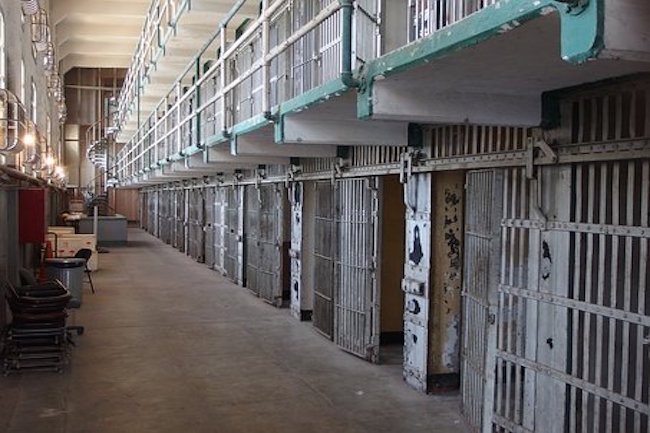Pastors in the Valley of Death Row by MARK FUGITT for Christianity Today
While a win for religious liberty, the Ramirez ruling will take a traumatic toll on an already burdened profession.
n April 21, 2022, the state of Texas executed 78-year-old Carl Buntion, who shot and killed police officer James Irby in 1990.
But Buntion wasn’t alone when he died. Beyond the usual prison staff, his spiritual adviser Barbara Laubenthal was also in attendance at his execution. She had come to know “Carl” as the man he became after serving three decades behind bars.
Later, Laubenthal admits she felt deeply affected by her experience. In a statement on Twitter, the political activist said: “After witnessing tonight how a human being was killed in front of our eyes, we are convinced more than ever that the death penalty is inhumane and has no place in a democracy in the 21st century.”
Her shock is not unique—even among those who support the death penalty. And with a recent Supreme Court decision, this traumatic experience will soon be shared by many other faith leaders across the nation.
Thanks to the March 24, 2022, ruling in Ramirez v. Collier, death row inmates will now have more access to a spiritual adviser of their choosing in their final moments.
As a pastor of 17 years, I have witnessed death firsthand in hospitals and homes. The ministerial calling often requires going into uncomfortable or difficult situations that I will never forget. The moment I read about the religious liberty victory of the Ramirez ruling I was conflicted. What if I was asked to be there?
In 2004, Texas inmate John Henry Ramirez robbed and then stabbed convenience store cashier Pablo Castro 29 times. Texas law has fluctuated regarding access to chaplains, but the Ramirez case was unique in that he requested his pastor maintain physical contact with him as he passed. He won.
The case is widely hailed as a victory for the religious liberty of the condemned. And yet few are talking about the negative effects this case will have on the many faith leaders who will increasingly be called upon in these situations. Experiences like Laubenthal’s will surely take a psychological toll on an already burdened pastoral profession.




